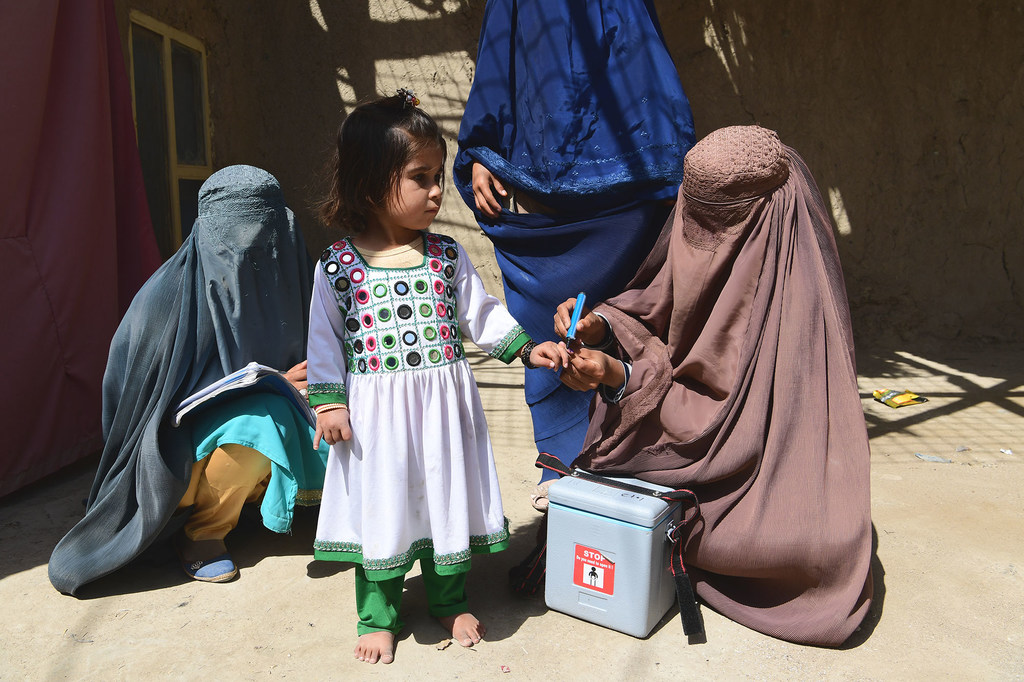

The UN Development Programme (UNDP) has released a report warning that the severe restrictions on women’s rights in Afghanistan, particularly in relation to education and employment, have contributed to the country’s catastrophic socio-economic situation.
The report, titled the Afghanistan Socio-Economic Outlook 2023, provides an overview of the fallout resulting from the Taliban’s takeover of Afghanistan in August 2021.
The Afghan economy collapsed immediately after the Taliban assumed power, with around 85% of the population estimated to be living below the poverty line.
Although there have been some encouraging signs, such as a rise in exports and stabilization of the exchange rate, these are largely due to large-scale international aid funding, and any reduction in aid will worsen Afghanistan’s economic prospects.
The report warns that the Taliban’s restrictions on women’s rights are a significant factor in the country’s economic woes, and it will not be possible to achieve growth and reduce poverty without women in the workforce.
UNDP Deputy Resident Representative in Afghanistan, Surayo Buzurukova, has called for the de facto authorities to understand the importance of women to the economy, and hopes that the situation for women will eventually become less oppressive, particularly in the provinces.
UNDP in Afghanistan
- UNDP has been working in Afghanistan for more than 50 years on climate change and resilience, gender, governance, health, livelihoods, and rule of law.
- Under the broader framework of the Sustainable Development Goals (SDGs) and in close coordination with other UN agencies, UNDP is supporting the Afghan people’s aspiration for peace, prosperity, and sustainability.
- UNDP is currently implementing its flagship crisis response programme, ABADEI (Area Based Approach to Development Emergency Initiatives), as part of the ongoing UN-led response to prevent a humanitarian catastrophe and the breakdown of Afghanistan’s economy following the August 2021 shift in power.
- Find out more about UNDP’s work in Afghanistan here.




